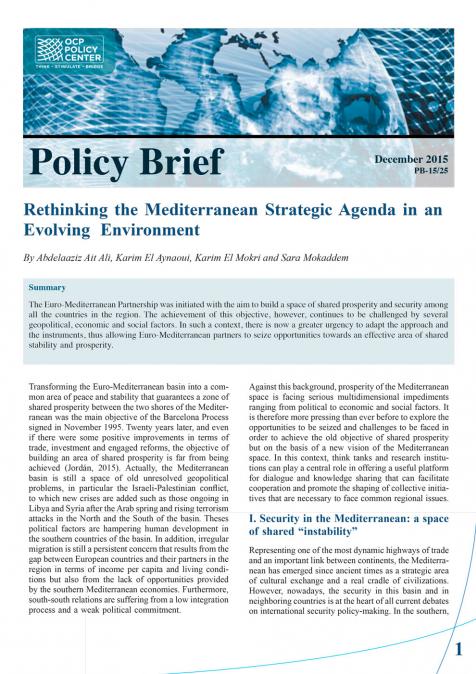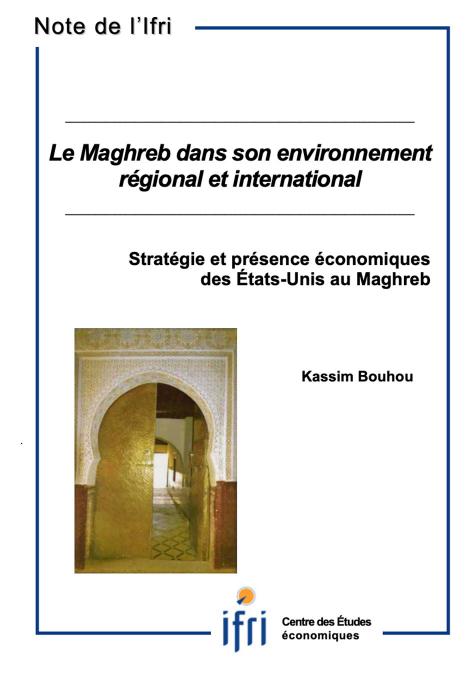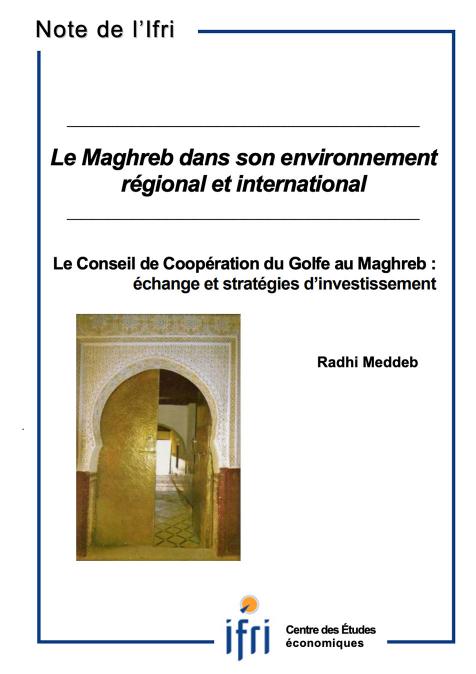Publications /
Policy Brief
Deux des plus grands producteurs d'hydrocarbures en Afrique, le Nigeria sur l'Atlantique et la Libye sur la Méditerranée font face aux deux groupes terroristes les plus violents sur le continent. Daech version libyenne et Boko Haram semblent avancer pour se rejoindre dans un espace constitué par trois Etats qui présentent des vulnérabilités favorables à l'extension du terrorisme. Au Cameroun, le chao est à craindre dans l'après Biya. La battle fatigue peut atteindre l'Etat tchadien qui lutte tous azimuts. Le Niger, où se mêlent manque de moyens et porosité de la frontière, est également vulnérable. Ce sont là autant de facteurs qui appellent à une mobilisation internationale afin d'éviter que la défaite possible de Daech au Proche-Orient, ne soit compensée par l'installation sur un territoire à cheval entre le Maghreb et l'Afrique de l'ouest et reliant la Méditerranée et l'Atlantique. La menace est d'autant plus tangible que cet espace est mitoyen du Mali et du Burkina Faso, deux Etats où les groupes terroristes, qui s'étaient dispersés lors de l'opération Serval, semblent de nouveau se réorganiser comme en témoignent les attentats perpétrés récemment contre des hôtels à Bamako et Ouagadougou.






